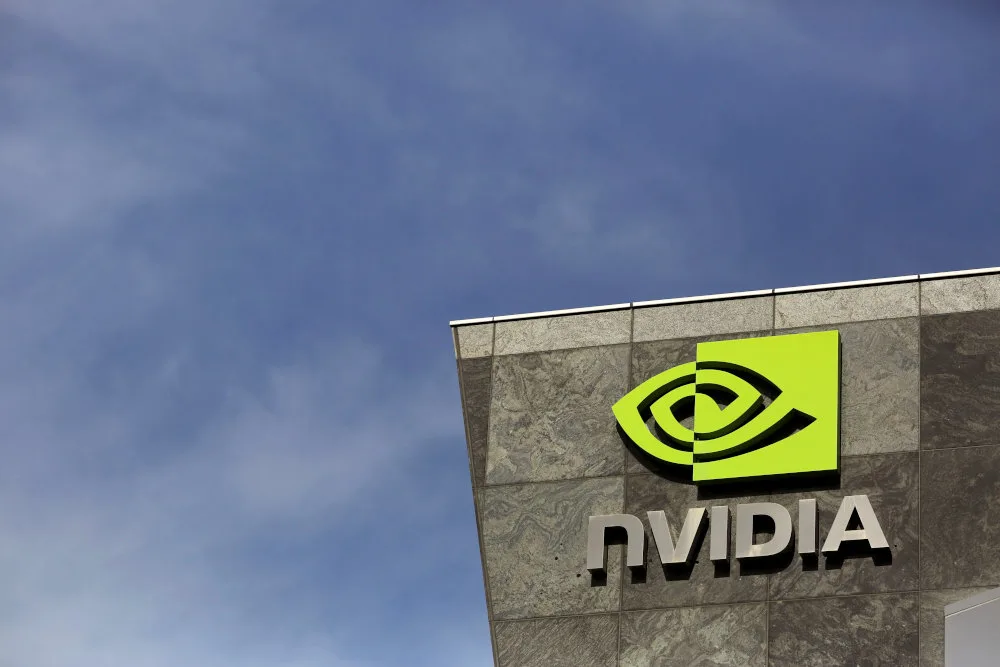In a groundbreaking move, Nvidia and AMD have agreed to pay the U.S. government 15% of their revenue from sales of specific AI chips to China in exchange for export licences. This arrangement, confirmed by U.S. officials, marks the first time American companies have been required to share revenue as a condition for export approval.

Chips Involved
- Nvidia’s H20: A chip designed specifically for the Chinese market after Biden-era restrictions on advanced AI semiconductors.
- AMD’s MI308: Another AI-focused chip now cleared for export under the new agreement.
Financial Impact
- Nvidia could sell up to 1.5 million H20 units in China in 2025, potentially generating $23 billion in revenue.
- China remains a vital market: Nvidia earned $17 billion from China in the last fiscal year (13% of total revenue), while AMD reported $6.2 billion (24% of total revenue).
Political and Strategic Context
- The deal follows a reversal of an April 2025 ban on H20 exports, after Nvidia CEO Jensen Huang met with President Donald Trump.
- Trump reportedly pushed for a 20% revenue share, but settled on 15% after negotiations.
- The U.S. Commerce Department has begun issuing licences, though it hasn’t clarified how the collected funds will be used.
Controversy and Criticism
- Critics argue the deal blurs the line between national security and economic leverage.
- Rep. Raja Krishnamoorthi called it “a dangerous misuse of export controls,” suggesting it undermines genuine security concerns.
- Analysts are divided: some see it as a pragmatic compromise, while others question the logic of penalizing sales if the chips aren’t deemed a security threat.
Broader Implications
It also signals a new precedent in how tech companies may be expected to engage with U.S. trade policy—potentially reshaping future negotiations across industries.
The agreement reflects shifting U.S.–China trade dynamics, with Washington pausing new export controls and Beijing lobbying for relaxed restrictions.
Share to your social below!
